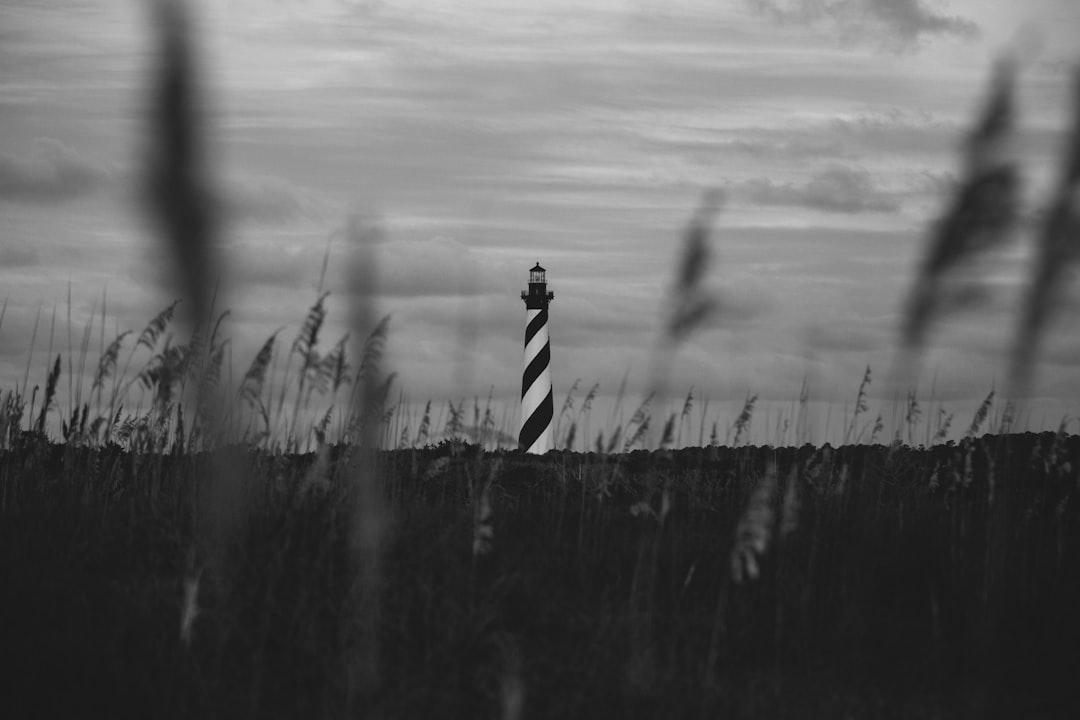The Lighthouse

One of the cool things about living where we live in North Carolina is our proximity to what feels like everything. We live almost equidistant between two world class universities, with a third a little further down the road. We are 15 minutes door-to-door from a major international airport. We are half a mile from a wonderful grocery store and live in a community that has everything from fast food to restaurants featuring multiple James Beard award winners. We are three hours from the closest snow ski resort and the mountains. Three hours in the other direction and we have a choice among some of the best beaches on the Atlantic coast, including the Outer Banks and their iconic lighthouses.
We are very, very blessed.
A few days ago, ground broke on a restoration project for the Cape Hatteras light station, among the most recognizable in North Carolina. The original light house was built in 1870, using bricks from Maryland. In the intervening century and a half, the wear and tear of use and tourist visits has worn down the structure. It has been closed to climbers since 2020 and has been due for structural updates since well before that preventative measure.
The $19.2 million upgrade will replace many of those original bricks, make structural upgrades to the building and surrounding site, and replace the current light – which is a repurposed airport beacon – with an LED system. The resulting upgrades should help the lighthouse welcome visitors again, and hopefully last well into this century.
Lighthouses provide critical information to seagoing vessels about where exactly coastal dangers lurk. This is especially critical in a place like the Outer Banks where dangers are seemingly everywhere. The challenges in navigating the North Carolina coast were why Blackbeard and other pirates thrived here – lots of places to hide where authorities were afraid to follow. Even in an era of computerized navigation, it helps to know where things are in the real world. You couldn’t drive your car just by looking at Waze on your phone.
We all have lighthouses – the things that


